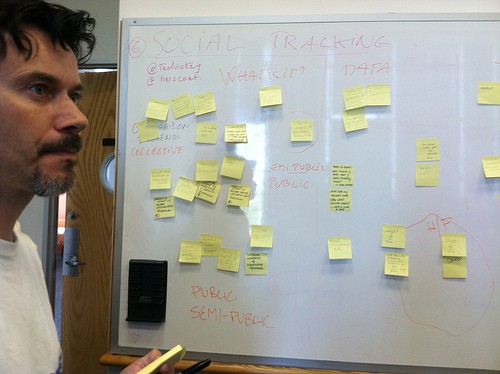
An Interesting Experiment
How do people succeed in academia?
I have notebooks filled with theories about this question, but I’ve increasingly come to realize that insights of this type — built on gut instinct, not data — are close to worthless. Most knowledge work fields are complex. Breaking into their upper levels requires a deliberate effort and precision that is poorly matched to the blunt, feel-good plans we devise in bouts of blog-inspired reflection.
This was on my mind when, earlier this week, I went seeking empirical insight into the above prompt, and ended up designing a simple experiment:
- I started by identifying well-known professors in my particular niche of theoretical computer science.
- For each such professor, I studied their former graduate students. I was looking for pairs of students who earned their PhD around the same time and went on to research positions, but then experienced markedly different levels of success in the field.
- Once I had identified such a pair, I studied the first four years of their CVs — the crucial pre-tenure period — measuring the following variables: quantity of publications, venue of publications, and citation of published work in the period.
Each such pair provided an example of a successful and non-successful early academic career. Because both students in a pair had the same adviser and graduated around the same time, I could control for variables that are largely outside the control of a graduate student, but that can have a huge impact on their eventual success, including: school connections, quality of research group, and the value of the adviser’s research focus.
The difference in each pair’s performance, therefore, should be due to differences in their own strategy once they graduated. It was these strategy nuances I wanted to understand better.
Here’s what I found…



